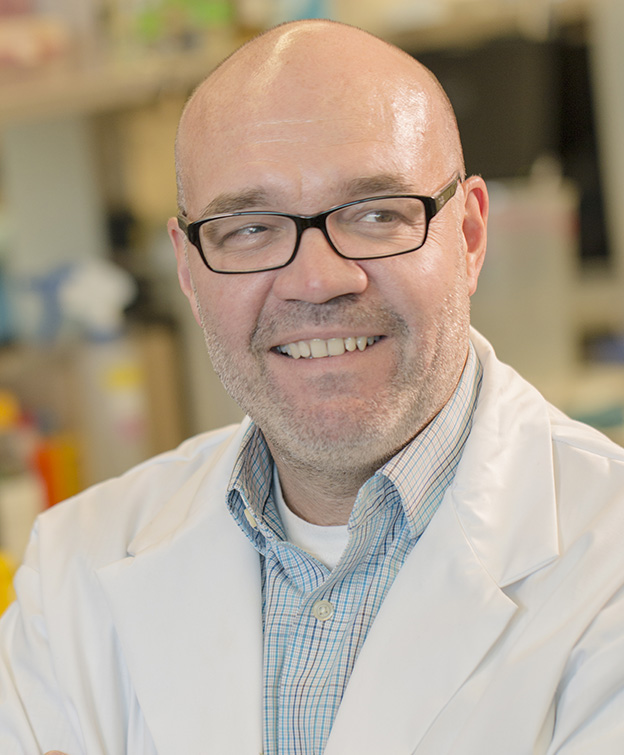New antibiotic ‘a nice breath of fresh air’ in fight against deadly bacteria

In a commentary published in the journal Nature, McMaster's Gerry Wright says the discovery of a new antibiotic in soils of Maine is a 'breath of fresh air.'
Microbiologists around the world are celebrating the discovery of a new superbug-killing antibiotic in a Maine field this week.
The antibiotic, dubbed “teixobactin,” appears to kill bacteria including Clostridium difficile and Mycobacterium tuberculous, which causes tuberculosis.
The American and German researchers found the antibiotic using a new method, which could help scientists discover even more such drugs.
“It’s a cool way to find a (potentially) new class of antibiotic,” wrote Gerry Wright, director of McMaster’s Michael G. DeGroote Institute for Infectious Disease Research in an opinion piece that accompanied the study in the journal Nature.
“In a field that has been nothing but gloom and doom for the last half decade or so, this is a nice breath of fresh air, something new for us to look towards.”
Wright has been widely cited in Canadian and US media since the discovery, including in the Globe and Mail, the Toronto Star, on CBC and on NPR.
Wright made similar headlines in June 2014 when he led a team that discovered a fungus-derived molecule able to disarm one of the most dangerous antibiotic-resistance genes.
That fungus – found in the soils of Nova Scotia – could itself offer new hope in the battle against drug-resistant germs.
Seeking an answer to the riddle of resistance in the natural environment is a far more promising approach than trying to discover new antibiotics, a challenge which has perplexed scientists for decades. No new classes of antibiotics have been discovered since the late 1980s, leaving physicians with very few tools to fight life-threatening infections.
“It gives us a road map of a new place to look for antibiotics,” said Wright.
But, Wright cautions, “It’s going to get worse before it gets better.”

